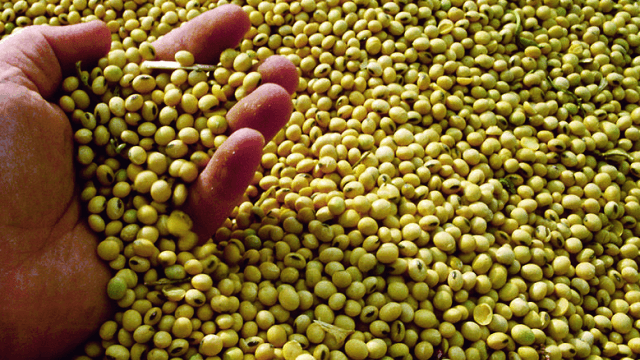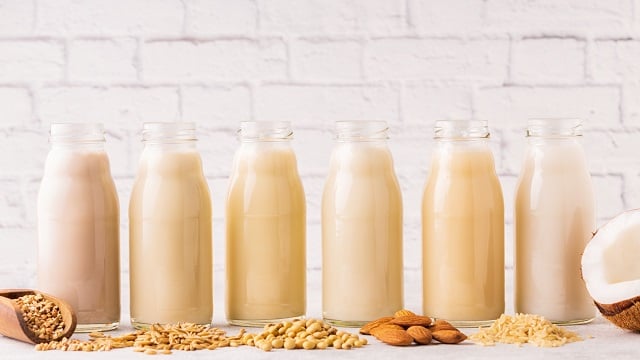Extraiga más valor de su planta de proteína vegetal
Si está operando una planta de proteínas vegetales o planea construir una nueva, podría beneficiarse de la recuperación de valiosas proteínas vegetales de sus corrientes de desechos. El momento para considerar estas oportunidades puede ser el adecuado. Las previsiones de la industria sugieren que el mercado de proteínas de origen vegetal crecerá aproximadamente un 6% interanual hasta alcanzar un mercado mundial de 13,4 mil millones de euros (16,3 mil millones de dólares estadounidenses) para 2025.
FECHA 2023-11-28Traditionally soybean has been popular as a source of high-quality food protein. Today, as population steadily grows and urbanization intensifies, the focus has shifted from soya to other plant-based potential sources of valuable protein.
To capture a larger share of growing plant-based protein market, take a look at how you process your current and potentially new oilseed and starch crops. There might be additional opportunities to extract high-value protein from novel feedstocks or waste streams that end up as low-value by-products like meal for animal feed.
A recent study, for instance, showed that meal by-product from sunflower seed processing contained up to 32% protein that can be recovered for use in consumer food products instead of being used for low-value animal feed. On the other side of the spectrum there are upcoming starch feedstocks, such as yellow pea with a protein content of around 25%. These can be used not only for producing food-grade protein, but also for food-grade starch and fibres.
Vegetable protein producers may also find it worthwhile to investigate current protein-based side streams such as the whey. This liquid stream contains proteins, sugars and fibres that can be recovered and reused. For instance, whey is a great source of lactose, peptides and glucose.
Turning oilseed crops, such as soybean, rapeseed and sunflower seed, and starch crops, including pea, chickpea, fava bean and mung bean, into high-quality proteins for food and feed requires know-how.
Take advantage of comprehensive, energy-efficient solutions for plant-based protein processing systems from Alfa Laval. From oilseed and starch protein extraction, isolation and purification through to process water recovery, and wastewater treatment, you will discover a sound and sustainable approach to meeting the growing global demand for meat substitutes.
Designed with hygiene in mind, Alfa Laval process lines include hygienic equipment and components. These range from pumps, valves, pipes and fittings to decanters, high speed centrifuges, evaporators and membrane modules. Furthermore, each line can be equipped with a tailor-made, fully automatic and highly efficient Cleaning-in-PIace system. Put simply, Alfa Laval has most everything you need to succeed in getting the most out of your vegetable protein feedstocks.
Learn how Alfa Laval can help you maximize value from your vegetable protein processes and minimize waste here.
Una infinidad de soluciones para el procesamiento de proteínas comestibles
Con un enfoque en el proceso de fraccionamiento húmedo, Alfa Laval tiene una amplia cartera de sistemas para procesar proteínas de origen vegetal. Ya sea que necesite un equipo independiente confiable para integrarlo en sus líneas existentes o líneas de producción personalizadas completas, Alfa Laval ofrece equipos y sistemas para la extracción, el aislamiento y la concentración de proteínas de almidón y semillas oleaginosas, que incluyen:
- Preparación de Slurries
- Extracción, separación y purificación de proteínas
- Sistemas de pasteurización
- Separación y purificación de fibras y almidones
- Recuperación de subproductos
- Tratamiento de aguas residuales y recuperación de agua.



